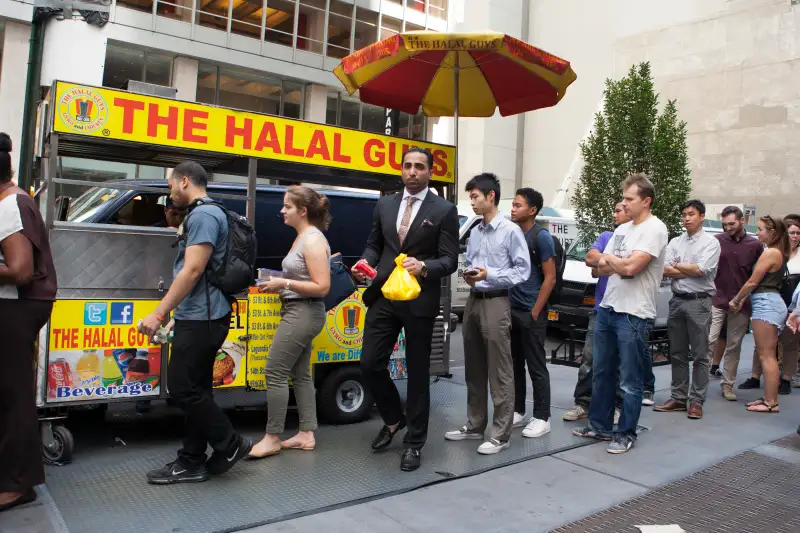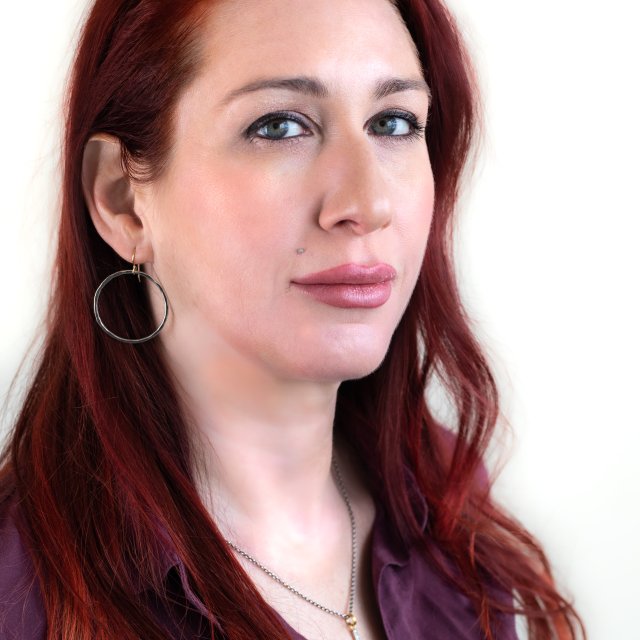Why Halal Food Is a Hot Seller with More Than Just Muslims

The role of Muslims in American life is a topic under considerable scrutiny and no small amount of debate this election cycle. But there's one aspect of Muslim culture that Americans are embracing wholeheartedly, and for which they're opening up their wallets in a major way: halal food.
Food that is halal means that it's prepared according to Muslim dietary law. Halal dictates what's not allowed (like pork) and includes rules about how animals are treated, killed and handled. Including both grocery and restaurant food, the category has grown by one-third since 2010, and sales are on pace to reach $20 billion in 2016, according to Bloomberg. Whole Foods said halal foods have been growing by double-digit percentages for the past five years.
The 3.3 million Muslims in the United States certainly play a role in the popularity of halal foods, especially because their numbers are growing. But Bloomberg pointed out that there are other non-Muslim Americans behind the category's surging popularity.
Read Next: Investing Options Grow for Muslims
People today, especially millennials, are more interested in what they eat, where it comes from and how the animals were treated. Some people see it as an assurance of food quality or humane treatment of animals, while some — like people in cities who are willing to stand on long lines for a halal lunch — are voting with their stomachs.
